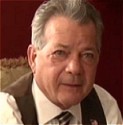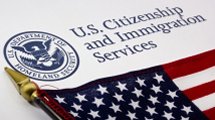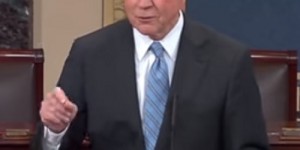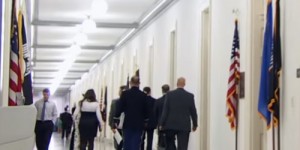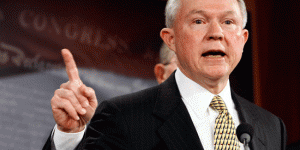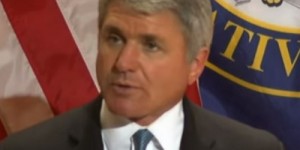Washington Examiner — Cuban refugees have been surging toward Florida since President Obama’s mid-December executive action on relations with Havana, but neither the United States nor Cuba has made significant changes to policies governing immigrants fleeing the communist dictatorship.
U.S. Assistant Secretary of State for Western Hemisphere Affairs Roberta Jacobson will travel to Cuba Wednesday to open discussions between the two countries.
Since Obama’s Cuba announcement, Jacobson has expressed the need for the expected flood of commerce and travelers between the two countries to be “orderly” and announced plans to push the government of Cuban President Raul Castro on human rights concerns. But the Kerry State Department has yet to publicly outline any concrete requests.
Opponents of normalizing relations with the Castro brothers say the administration is sending the wrong signal by lifting sanctions on the Cuban government before extracting significant and long-term human rights guarantees, especially when it comes to dissidents aiming to flee the unreformed communist state.
The U.S. Coast Guard Seventh District in Miami reported a surge in Cuban immigrants coming to Florida’s southern shores in the days after Dec. 17, when Obama announced his executive action to re-establish diplomatic ties and ease sanctions with Cuba.
The Coast Guard reported that the number of intercepted Cuban refugees in December more than doubled the number from December 2013. The Coast Guard has been responding to the wave with an increase in resources, and Commander of the Seventh District Rear Adm. Jake Korn stressed that the wet foot/dry foot policy — in which Cuban illegals intercepted at sea are returned while those who make it to American ground are granted status — is unchanged and can only be revised by Congress.
The Cuban government may be encouraging the rush for America’s shores. According to intercepted refugees, the Castro government is issuing disinformation claiming that the wet foot/dry foot policy is about to be overturned.
“Everybody is expecting a continued flood of refugees — from both Cuba and other places around the world to the U.S. in the coming year,” said Sebastian Arcos, the assistant director of the Cuban Research Institute at Florida International University.
Arcos attributes the higher numbers to fear that a U.S. law passed in 1966, the Cuban Adjustment Act, which allows Cuban immigrants who manage to arrive in the U.S. and remain here for at least one year to become permanent residents with the right to apply for citizenship after five years.
The act was adjusted in 1995 after President Bill Clinton agreed after talks with the Cuban government to stop admitting Cuban immigrants found at sea. Anyone caught while still on the water would be sent home or to a third country while anyone who made it to shore would receive refugee status and qualify for permanent legal status after one year.
The most significant recent change in Cuba’s immigration policy came last year in January when the Castro regime stopped requiring citizens wanting to travel to acquire permission from the government in the form of exit permit.
Arcos said the additional travel between the United States and Cuba actually benefits the regime because once those traveling to the U.S. acquire a green card, they tend to travel home to Cuba to visit family and bring food, toiletries and other items from the U.S. — all of which Castro taxes in the form of tickets for baggage and other levies.
But Cuba human rights advocates say even the looser travel rules haven’t made it any easier for most dissidents to leave the island because the government still requires would-be travelers to apply for pricey passports, which many cannot afford, while restricting travel from certain dissidents entirely.
“Just in late December there was a wave of [dissident] arrests in Cuba in which passports were taken,” Arcos said.
Despite the supposed thaw in U.S. and Cuban relations, the Castro government is trying to stymie travel for several dissident Cubans invited to attend FIU Cuban Research Institute’s conference, a large gathering of Cuba scholars, planned for February, Arcos said.
“We have about 20 people [from Cuba] who confirmed that they wanted to come,” he said. “We know for a fact they have not been able to gather all the permits needed to be able to travel.”
They also asked hopeful conference participants to provide a passport number for the person who invited them.
“This is the kind of unreasonable request the Cuban government makes,” he said. “I’m not giving them my passport number.”


